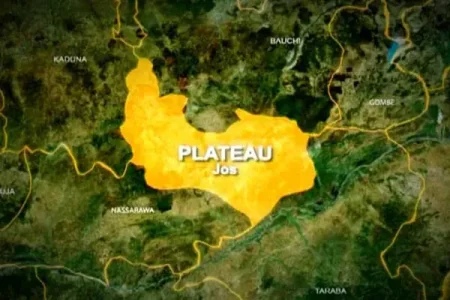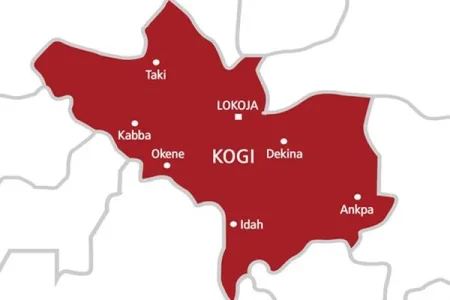
A Kano court issued an interim order barring the deposed Emir of Kano, Aminu Ado Bayero, and four other dethroned Emirs from portraying themselves as traditional rulers or occupying palaces pending legal challenge. Police ordered to eviction of Bayero from the ancient Kano palace.
A Kano State High Court judge on Tuesday issued an interim injunction barring the recently deposed Emir of Kano, Aminu Ado Bayero, and four other dethroned emirs from occupying their palaces or portraying themselves as traditional rulers pending the resolution of a legal challenge to their removals.
Justice Amina Aliyu's order came in response to an ex parte application filed by the Kano state government, which argued that allowing the emirs to remain in their palaces would threaten public peace and security amid the volatile situation surrounding their dethronements.
The embattled Bayero, who had reigned as the Emir of Kano since 2014 until his removal on May 19th by the state government, was specifically ordered to vacate the ancient Kano Emirate Palace immediately. The court instructed the Commissioner of Police in Kano to enforce the eviction order "in the interest of justice."
Justice Aliyu's ruling also restrains Bayero and the deposed emirs of the Kano cities of Bichi, Gaya, Rano, and Karaye from "parading themselves" as traditional rulers until a motion on notice challenging their dethronements is heard on June 11th.
In a statement, Kano State Attorney General Ibrahim Mukhtar welcomed the interim injunction as "a victory for the rule of law and public interest." However, legal representatives for the deposed emirs decried the ruling as a "travesty of justice" and vowed to contest it vigorously.
The removal of Bayero and the four other emirs has thrown the centuries-old Kano Emirate into an unprecedented crisis. The Kano state government, led by Governor Abba Yusuf, accused Bayero of insubordination and misappropriating funds, allegations the emir's camp has firmly denied.
The dethronements have sparked outrage among the emirs' supporters, who view the actions as an assault on Kano's revered traditions and heritage. Protests have erupted in the state's major cities, prompting deployments of security forces to maintain order.
The case highlights the complex interplay between traditional institutions like the Kano Emirate and constitutionally-established government authorities in Nigeria. As the legal battles escalate, all eyes are on the judiciary to navigate this delicate clash between the ancient and modern spheres of power.
Tensions are likely to remain high until the court reaches a final determination on the dethronements that have upended one of Nigeria's most prominent and influential traditional institutions.




